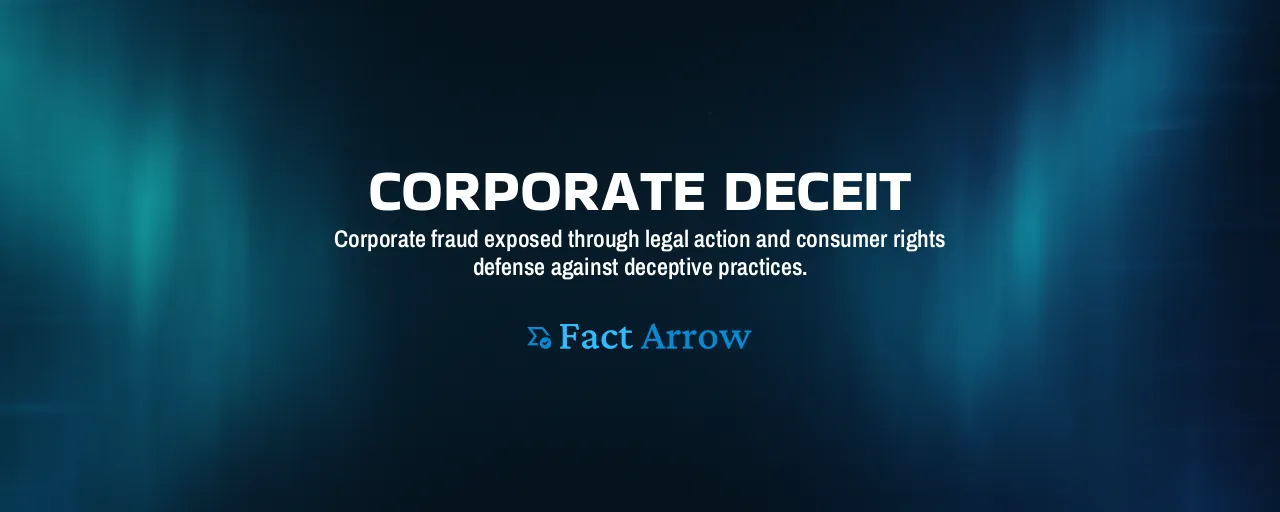Trust Betrayed by Corporate Tricks
You pull a bill from your mailbox, scan the official-looking letterhead, and prepare to pay what you owe. Then you notice something odd, a detail that doesn't add up. For years, Pacific Magazine Billing exploited this moment of trust, flooding California with tens of millions of mailers disguised as magazine subscription invoices. These cunning solicitations were designed to trick people into paying for subscriptions they never wanted.
California's response was swift and decisive. Attorney General Rob Bonta, joined by district attorneys from San Diego, Alameda, Los Angeles, Marin, San Francisco, and Sonoma, secured a $275,000 settlement that bans Pacific Magazine Billing from the mail-order magazine industry for good. This victory goes beyond a fine. It represents a powerful defense of every Californian's right to fair treatment, sending a clear signal that our state won't tolerate corporate deceit.
The trouble began when consumers, seniors, caregivers, and busy families, raised alarms about these deceptive mailers. Their complaints fueled a 2022 joint investigation, uncovering a six-year scheme that broke California's False Advertising and Unfair Competition Laws. The mailers, sent between 2016 and 2022, mimicked real invoices to dupe people into unwanted subscriptions, often at inflated prices. How can anyone feel safe opening their mail when companies play these games?
A Growing Threat Demands Action
Deceptive marketing presents an escalating crisis. Since 2021, complaints about misleading advertising have tripled, with regulators nationwide issuing 67 enforcement actions in 2024, totaling $2.8 billion in penalties. Pacific Magazine Billing's millions of fake invoices targeted vulnerable groups, especially older adults, who studies show are prone to fraud without prior warnings. This case reveals the stakes: unchecked corporate greed erodes trust and financial security.
California's settlement protects consumers, in addition to punishing deceptive practices. The $275,000 penalty will bolster consumer protection efforts, while the permanent ban on Pacific Magazine Billing's tactics ensures they can't harm again. This approach mirrors successful state reforms, like Colorado's 2019 law that expanded liability for deceptive practices, proving that strong statutes deliver results. When regulators have the tools to act, they can stop fraud before it spreads.
Advocates for reduced regulation argue that businesses should self-correct or that consumers should just be savvier. They claim heavy enforcement burdens innovation or overreaches statutory limits. But when companies profit by disguising solicitations as bills, expecting consumers to outsmart them is unfair. Robust laws, like California's, level the playing field, ensuring businesses compete honestly instead of preying on the unsuspecting.
Strength in Collaboration
This settlement shines because of its teamwork. Six district attorneys united with the state's Department of Justice, combining local insights with state authority to dismantle Pacific Magazine Billing's scheme. Such collaboration is vital, since 2020, over 50 joint enforcement actions across the country have tackled fraud, from income scams to illegal vape sales. California's effort shows how shared resources, like complaint databases, can amplify impact and protect more people.
California has a track record of this. In 2024, Bonta and Los Angeles secured a $500,000 settlement against a mobile game misusing children's data. In 2023, partnerships with Merced, Ventura, and Yolo counties held Walmart accountable for illegal weapon sales. These cases demonstrate that coordinated action can address diverse threats, from predatory real estate to deceptive billing. Why limit ourselves to solo efforts when unity delivers stronger results?
The Road Ahead in the Fight Against Fraud
This victory is significant, but the war against deception continues. Fraudsters now wield AI tools, crafting deepfakes and voice clones that make scams harder to spot. Experian's 2025 report flags generative AI as a top concern for 70% of companies, with half of consumers wary of online transactions. State regulators, handling 75% of 2025's consumer protection cases, imposed $441 million in penalties, but they need stronger laws, higher fines, broader authority, and better funding, to keep up.
Some who advocate for lighter regulation argue existing statutes suffice and cite court rulings that curb federal powers. They advocate a lighter regulatory touch to avoid stifling business. Yet, with global fraud losses hitting $47.8 billion in 2024 and identity theft reports nearing 449,000, scaling back isn't the answer. California's bold ban on deceptive tactics proves that prioritizing consumer safety over corporate leniency works.
Every person deserves to trust their mailbox, their phone, their online transactions. This settlement moves us closer to that goal, and the fight continues. Stronger laws and vigilant enforcement are essential to protect the vulnerable, seniors, families, anyone targeted by fraud. If we falter, who will hold scammers accountable? California's resolve shows the way: act decisively, unite resources, and put people first.
